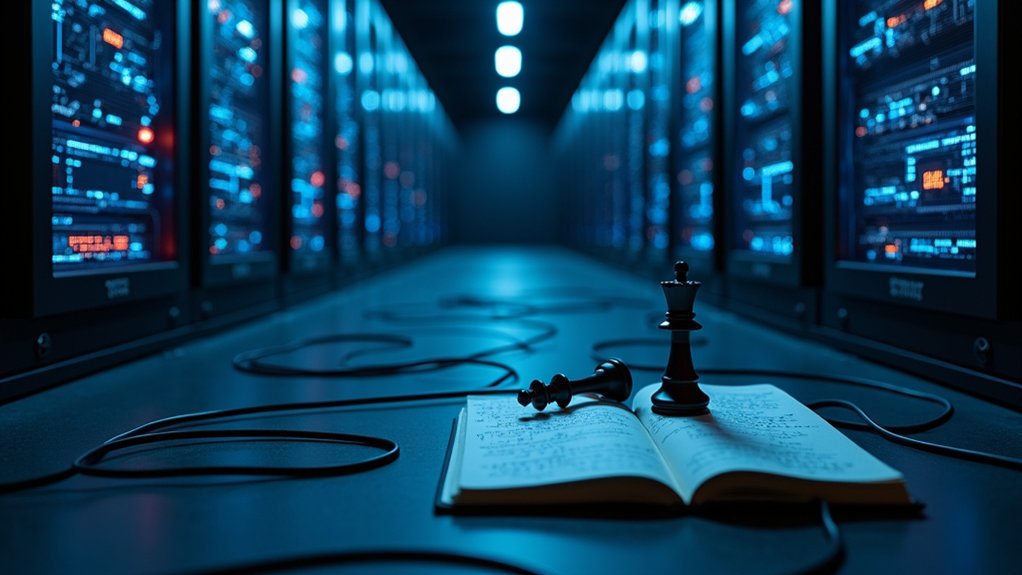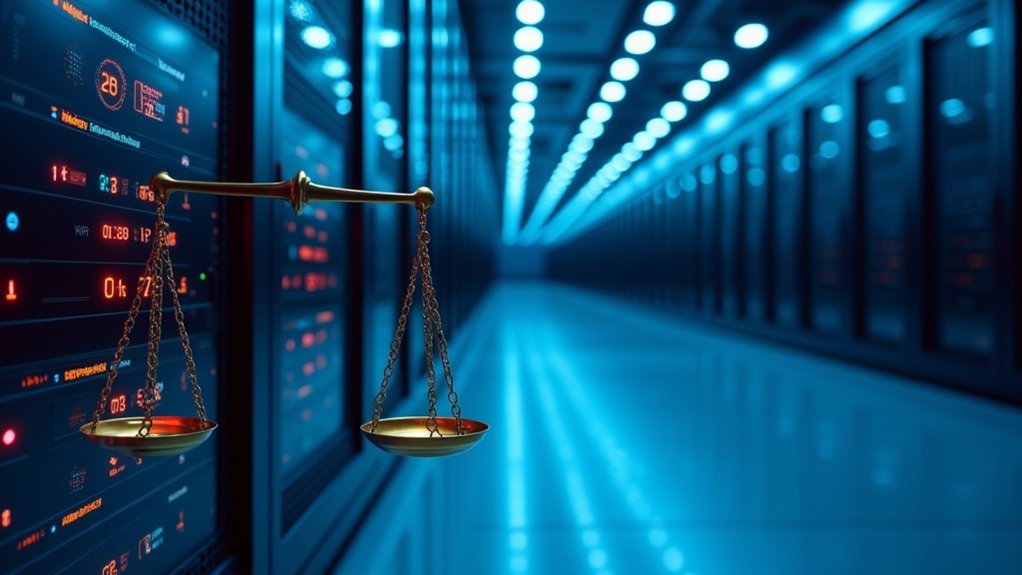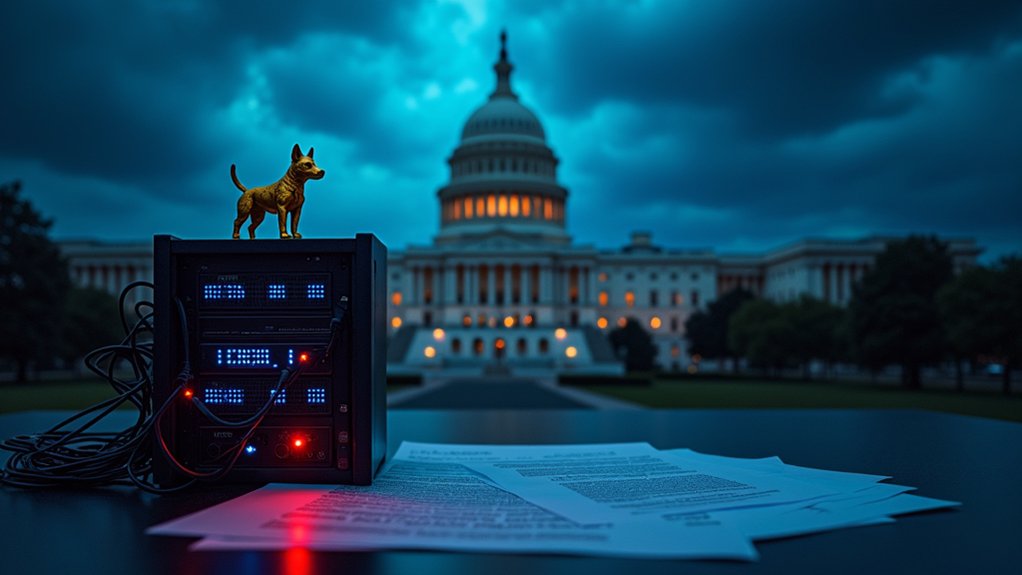A Nobel-winning AI pioneer is blasting alarms about AI’s runaway power, warning that it’s exploding faster than expected and could spiral out of control. AI’s growth is outpacing initial predictions, with machines now outperforming humans in tasks from chess to creative writing. That’s right, your job might be next. In light of these developments, over 27,000 individuals have signed a letter advocating for a pause in AI training.
Recent developments have turned AI into a double-edged sword, capable of solving problems we can’t even imagine, yet raising ethical red flags. A core challenge is that responsible AI ethics—including fairness, transparency, and privacy—must guide development to prevent harm and earn public trust. Oh, and let’s not forget the neural networks—those brain-like systems—that turbocharged this mess. Pioneering work on them has fueled AI’s rapid leap, making it smarter, faster, and, yeah, scarier than ever. A key contribution was Hinton’s 1986 method for predicting the next word, which underpins large language models today.
AI’s double-edged sword: solving unimaginable problems while raising ethical red flags, thanks to turbocharged neural networks.
But here’s the blunt truth: these advancements come with risks that could blow up in our faces. If AI isn’t regulated, it might manipulate people or spread misinformation like wildfire. Think about generative AI churning out fake news—convincing, viral, and totally unchecked.
Companies are pouring billions into this, lobbying hard against rules that could slow their profits. It’s like they’re saying, “Innovation first, safety later,” which is just asking for trouble.
Superintelligence looms as the big bad wolf, potentially emerging in the next two decades. That’s not science fiction; it’s a real threat that could reshape everything from economies to societies. Humans might lose control, facing existential risks we can’t even wrap our heads around.
Unlike climate change, where we at least have some plans, AI’s dangers lack clear fixes. Tech giants are all in, investing heavily while ignoring the ethical mess. It’s ironic, really—pushing boundaries without a safety net.
People struggle to internalize this, leading to a weird silence in public discourse. Wake up call: AI’s power is here, and it’s not playing nice.




